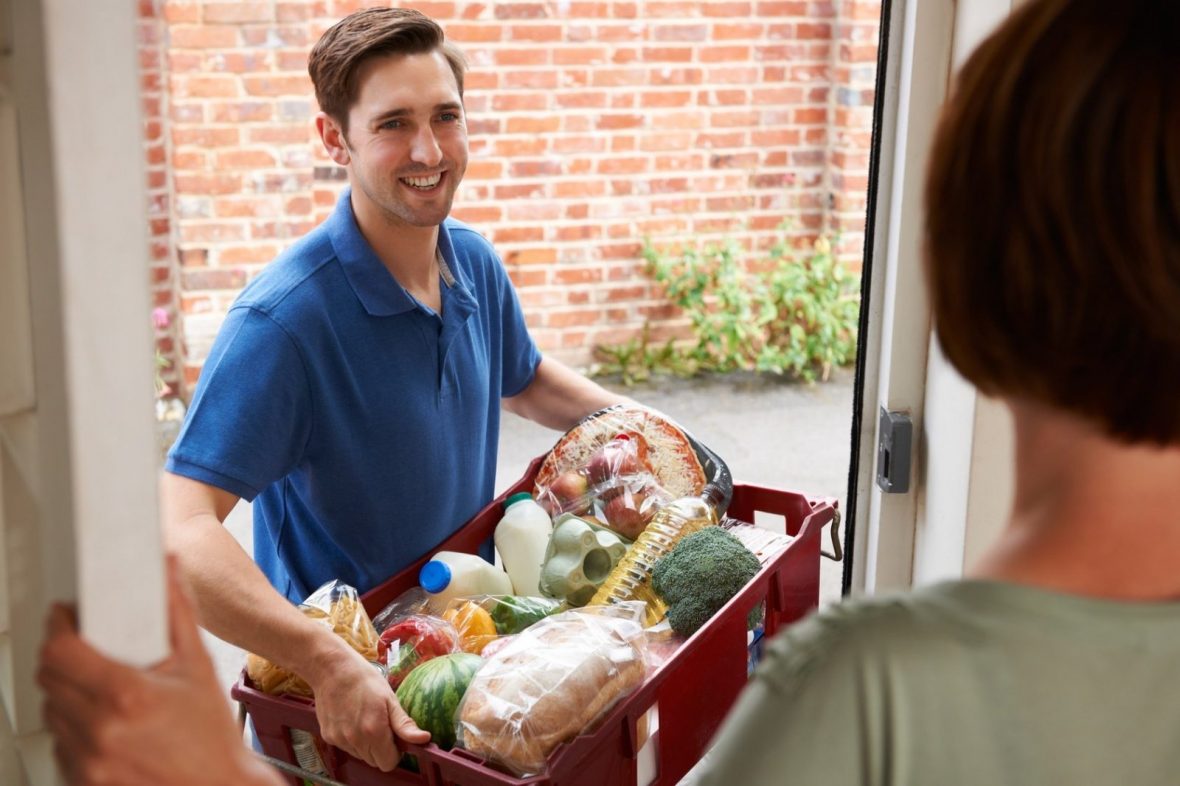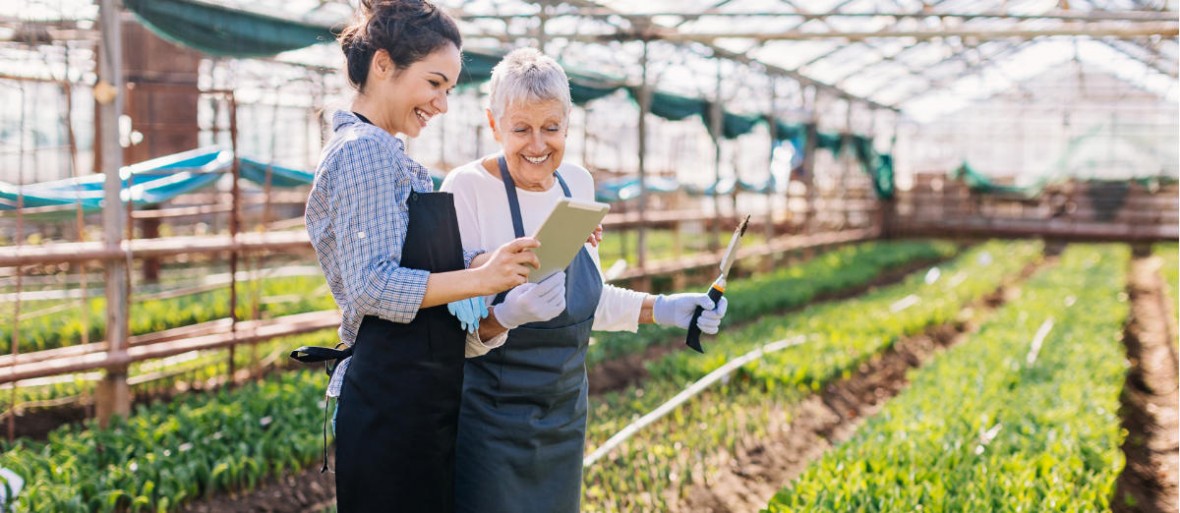Welcome to the gig economy. Companies such as Airbnb, Lyft and Uber are transforming how we get around, where we sleep when out of town, and how food ends up at our doorstep. The promise of connecting under-utilized assets with prospective customers means that providers can generate extra revenue while buyers enjoy the convenience and lower cost of those transactions. Those connections combined with the digital sharing platforms that make them possible, provide the basis of uberization.

The Collins English Dictionary defines uberization as the "conversion of existing jobs and services into discrete tasks that can be requested on-demand; the adoption of the business model used by the taxi service Uber." The Uberization of food is now underway, and it is worthwhile to consider what that trend means for perishables.
One area where uberization has generated a lot of interest is for home delivery, where services such as Uber Eats and many others have allowed households to explore more takeout dining options than ever before. And as grocery e-commerce sales continue to grow, major retailers are actively exploring "crowd-sourced" delivery options such as Lyft, Uber and Bringg to help take some of the sting out of the expensive last mile of delivery for online groceries. It is a problem that will intensify as online grocery increases from 2% of the market in 2017 to a projected 20% by 2025, according to the Food Marketing Institute.
But while uberization has created the potential for a more efficient retail last mile, there is concern that the online shopping trend that it supports may not be a good thing for overall perishable sales. According to a Mintel survey, just one in ten Americans buy fresh produce, meat, poultry and fish through e-commerce. Almost 70% of respondents are still hesitant to buy an item they can’t directly see or touch.
When Instacart was building its online grocery business, research indicated that the top reason people didn’t do online grocery shopping was because they didn’t trust someone else to pick their fresh produce. Of customers not buying online, 86% of them cited uncertainty about produce quality as the main reason.
Today, however, 92% of all Instacart shopping baskets contain fresh fruit and vegetables. It is the company’s leading category by a wide margin. Instacart has been able to win customer confidence by delivering consistently high-quality products. Well-trained personal shoppers are critical to building trust. They "must be able to not only pick good quality vegetables and fruit but also follow any directions issued by customers, such as choosing green bananas," one company executive commented this year during a United Fresh panel session.
Having an effective supply chain that delivers high-quality product available is also critical, another panel member stressed. Supply chain is a big deal. No matter how well trained your personal shoppers are, they can only choose from the stock available. Poor quality produce in stores will invariably lead to disappointed online customers. Uberization is a trend that looks to be around for the foreseeable future, but it needs our help. For those gig economy drivers to deliver the freshest perishables to your customer’s doorstep, you need the freshest perishables moving through your supply chain. It’s just one more reason to choose IFCO RPCs.
Stay up to date
Want the latest fresh food packaging industry knowledge delivered straight to your inbox? Subscribe to our newsletter and get the latest news, trends, articles and more!
